Ukrainian Students and Kettering College Professors Work Together to Succeed
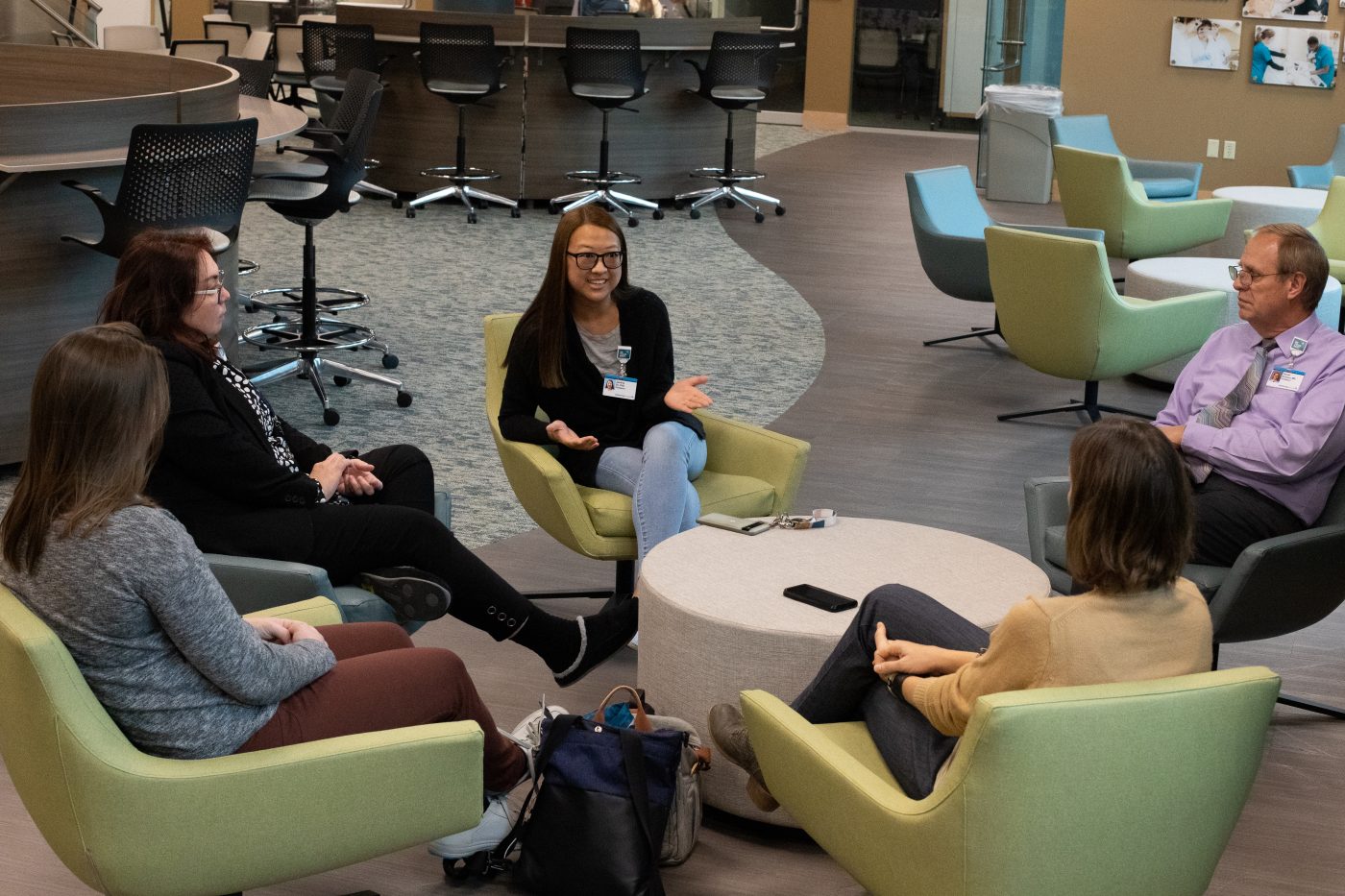
This past spring and summer, the Kettering College admissions team worked diligently to bring nearly 30 students from war-torn Ukraine to continue their studies on our campus. The admissions team and President Nate Brandstater communicated daily with consulates, senators, and others to obtain visas and transcripts. Their dedication to this vision has paid off: The Ukrainian students have successfully reached the half-way point of their first semester here.
Since their arrival for the fall 2022 semester, students have been acclimating to a new country, becoming more proficient in the language, and continuing their education in a safer environment. As they have settled into a routine and rhythm, their eagerness and gratitude are apparent, along with their loyalty to each other, so no one is left behind.
Teaching this group of students requires professors to adopt new ways of teaching. They have had to become students themselves to learn how best to engage and lead these English as a Second Language (ESL) students. They admit teaching the ESL students has been a learning curve that has required creativity, grace, and curiosity from everyone involved.
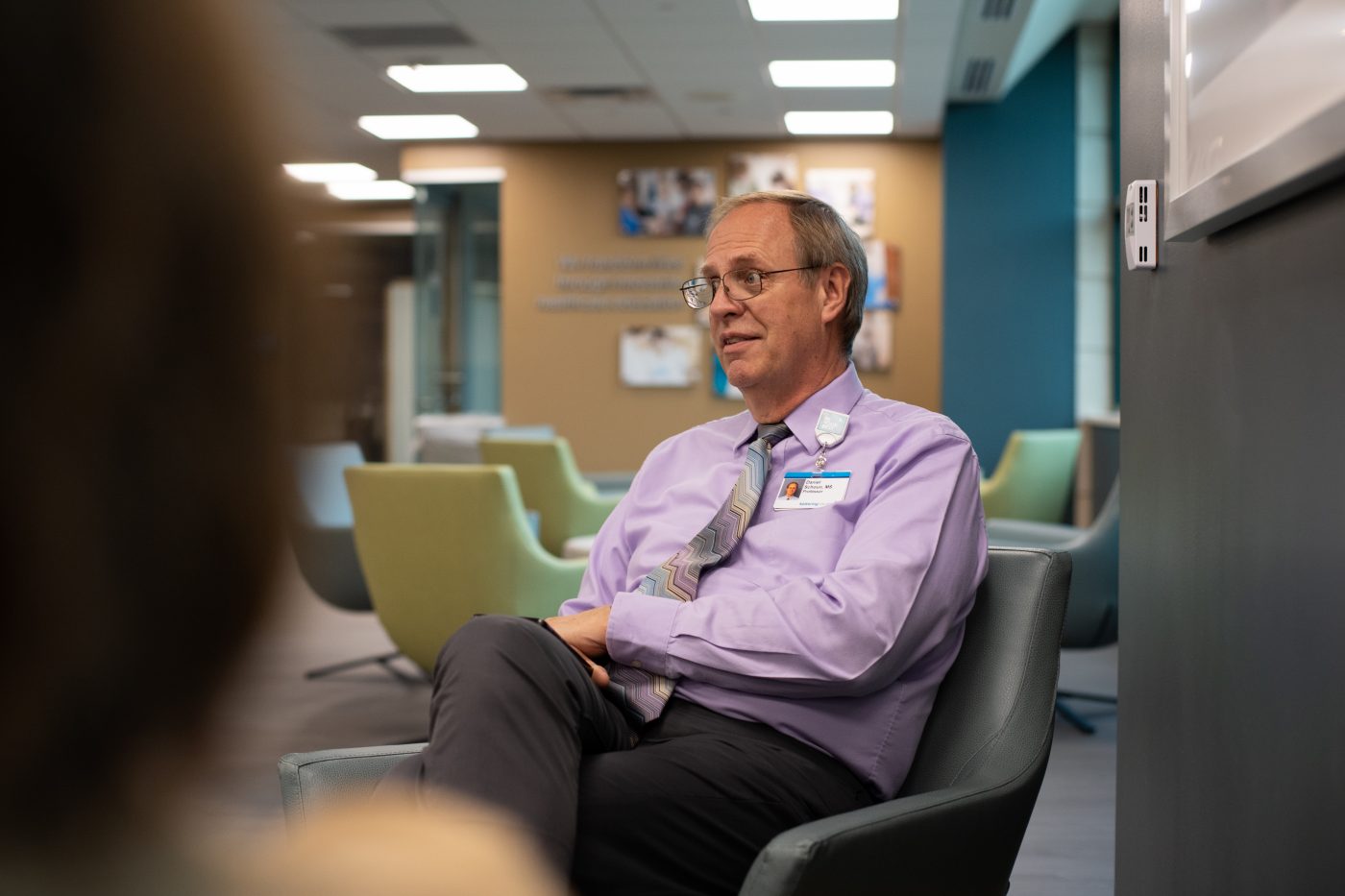
Four professors have been predominantly teaching the Ukrainian students: Ericka Brandau, Chemistry; Dan Schoun, Math; Dr. Maria Rankin-Brown, English; and Dr. Justina Or, Psychology. Professors Rankin-Brown and Or both speak more than one language, so they understand the intricacies of learning in a non-native tongue. During the summer, they administered and accessed the English proficiency tests, so they were aware of the wide range of proficiencies from the group before they arrived but had no additional knowledge of what to expect.
Professor Schoun teaches a math class of entirely Ukrainian students. He says, “Those who are the most proficient in English always choose to sit next to those who need additional help. The students explain it to each other as I teach, and I don’t mind that at all.”
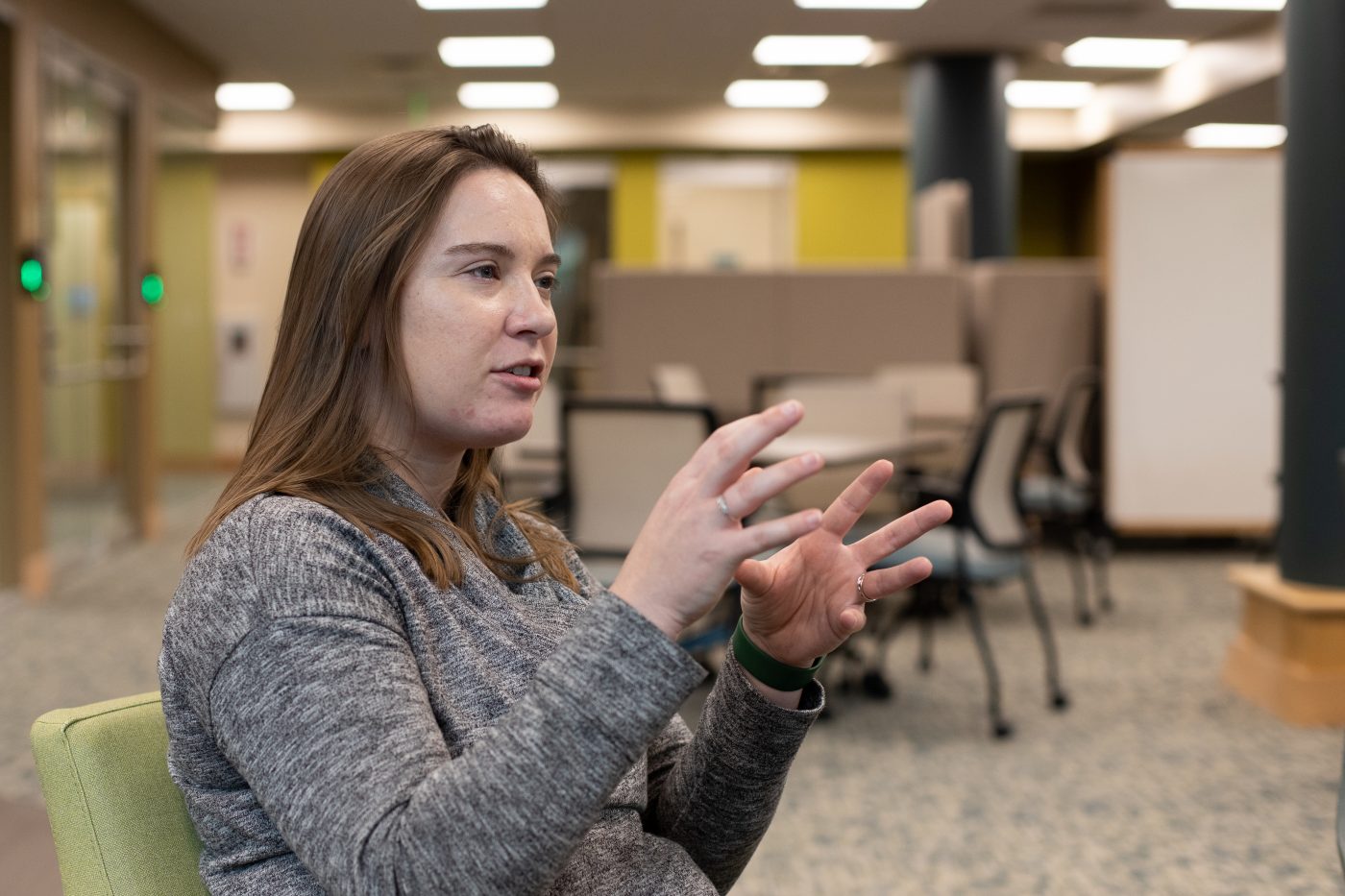
Professor Brandau has seen the same process in her chemistry class that is comprised of Ukrainian and American students. The students have unified to explain the materials to the ones who are not able to understand it the first time. She says, “Most of the time they review the material after class together. They are putting in a lot of hours and have improved a lot since the start of the semester. On the first test, the average of the Ukrainian students was lower than the rest of the class’s average, but on the scores for the second test, the Ukrainian students had a comparatively higher average.”
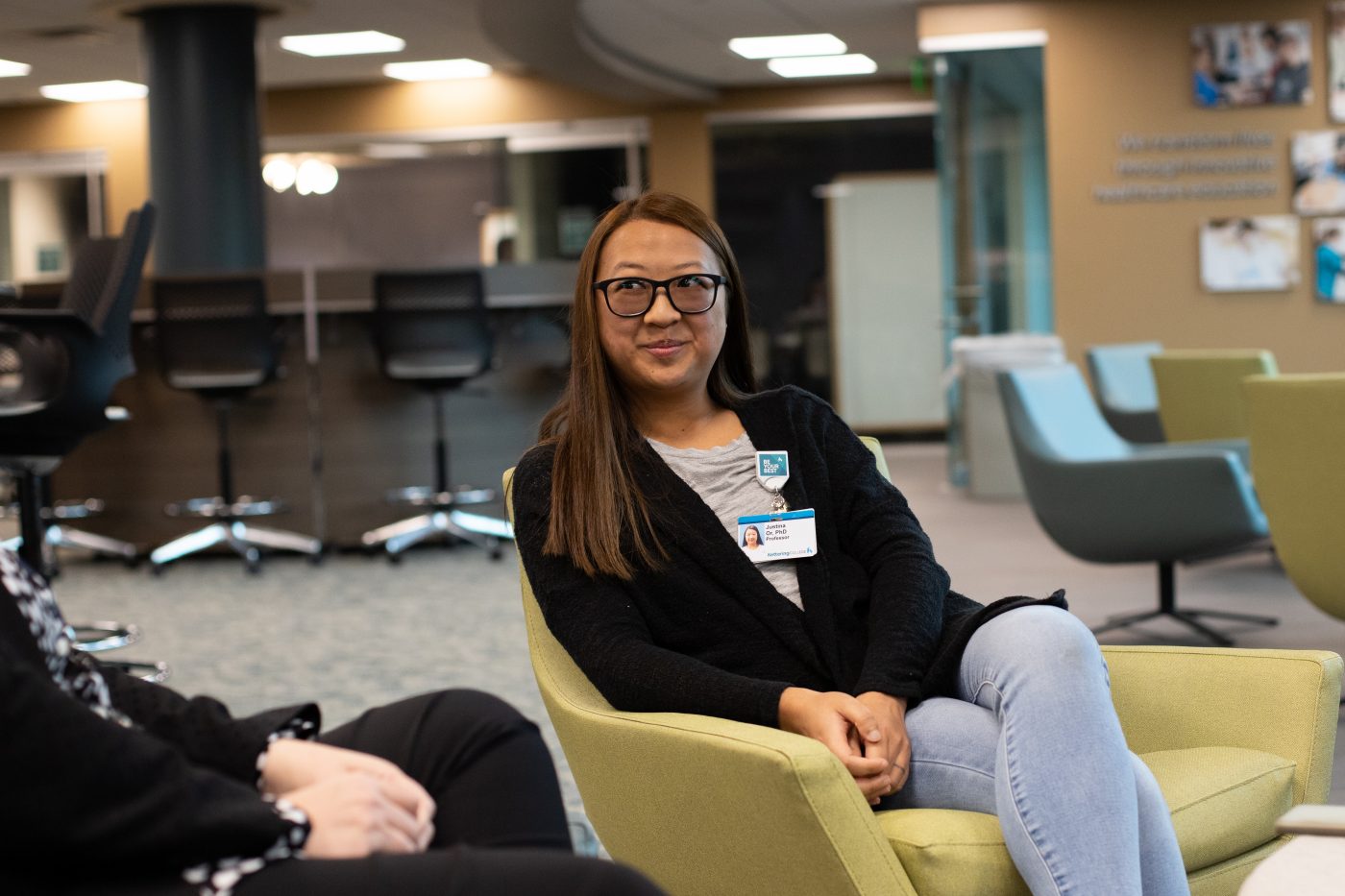
Professor Or has also witnessed this camaraderie in her psychology class. She says, “I now try to leverage the advanced students to help translate. I pause for them to catch the other students up, and we move on.” This group effort in class has meant the professors have had to undergo a mindset shift to allow talking during class and not be distracted by it. All the professors agree it was an adjustment, but it has now become the background sound in class that leads to progress.
The professors note it is awe-inspiring to see these students approach their education and success as a group effort instead of focusing only on their own success. Professor Schoun says, “I’ve never seen a group who are more appreciative of the opportunity to get an education than this group. I love teaching this class.”
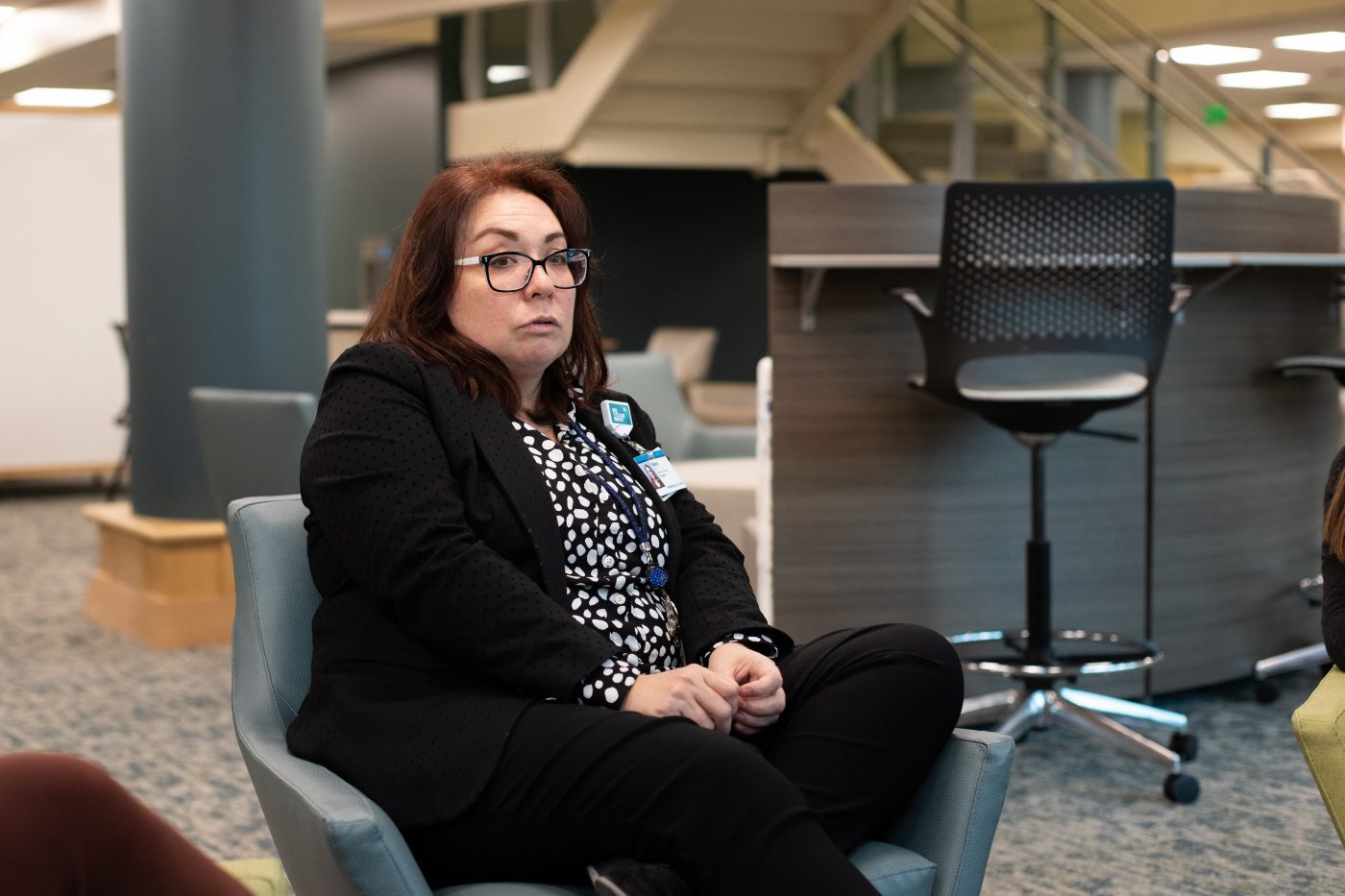
Professor Rankin-Brown sends students her lectures in advance to help with the language barrier. She also slows down and uses body language, which she points out is an ESL methodology called, “Total Physical Response” to convey meaning through movement.
Professor Or presents YouTube videos to her class to help grasp concepts in psychology. She makes sure the videos are subtitled, so students can watch them again and discuss with each other. She is finding group work is an effective way for students to comprehend the material, and she is careful to change up the groups to build confidence and leadership skills for the more reserved students.
Professor Brandau has noticed there is typically one leader in her class’s group work who asks a question and disseminates the information to the rest of the group. It is a system that seems to be working well. Some students have told her they are loving chemistry – a sentiment she admits is not always communicated to her by students.
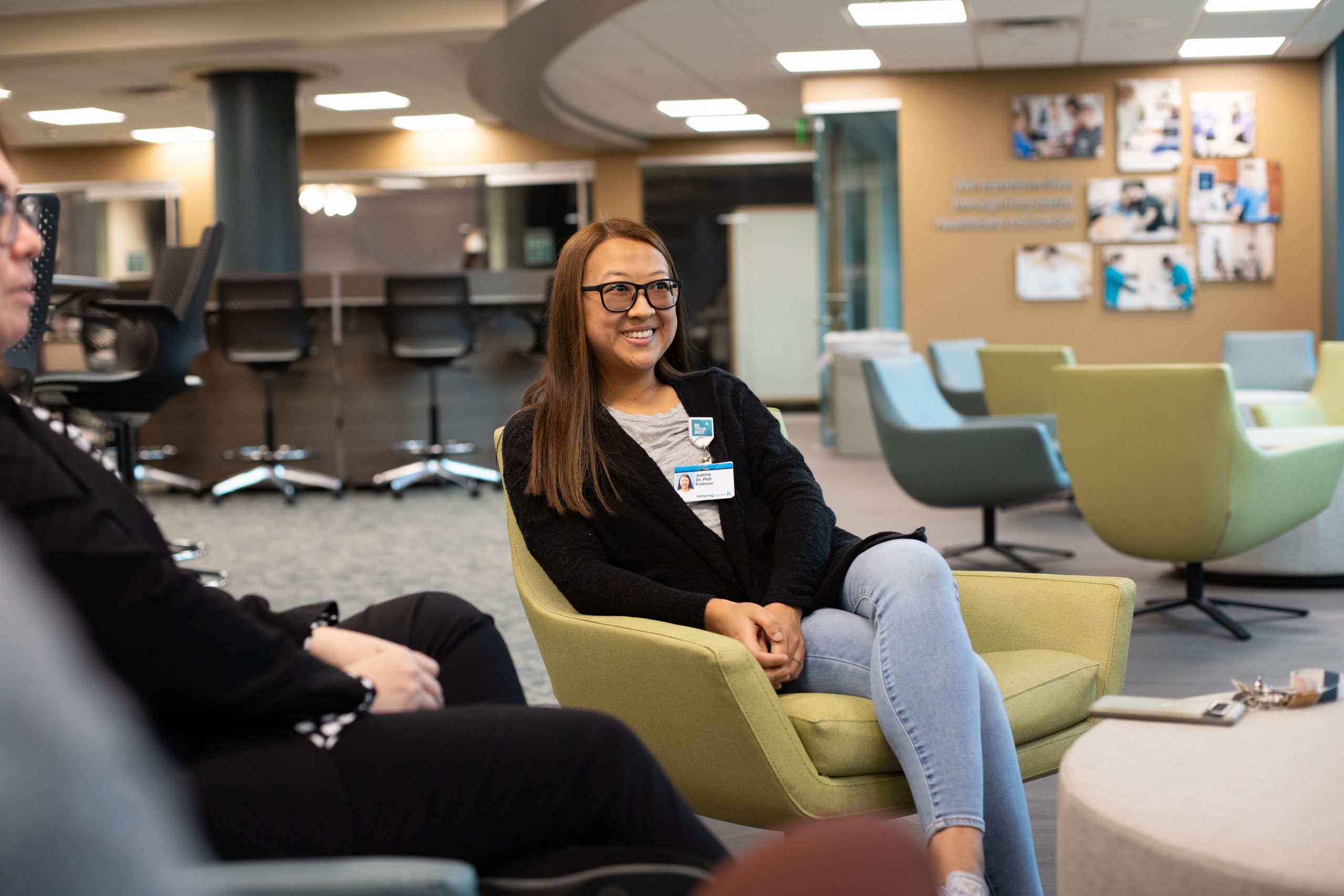
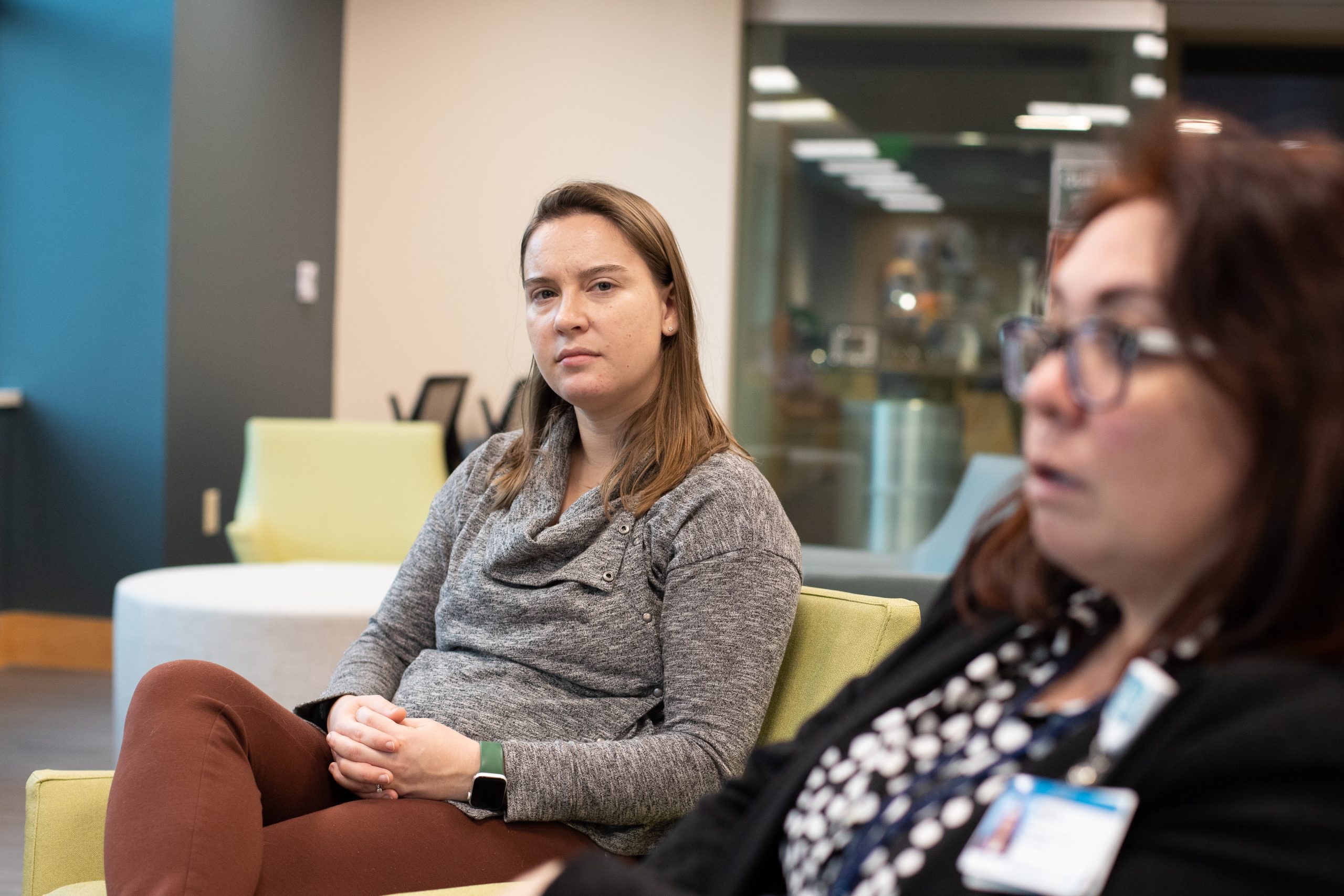
Since there is such a wide range of proficiencies, each professor does allow the use of translators such as Google Translate during lectures. Professor Rankin-Brown says, “In an ESL class we don’t normally allow translators since the point is to be immersed in the language, but I do allow it in my class as well as digital sources that are translatable.”
Professor Schoun has gotten to know the Ukrainian students well and enjoys chatting with them to help them feel cared for and at home. Students tell him about their anxiety about the war in their country, where their families remain. Their parents are relieved their children are safe at Kettering College, but the students balance their daily lives and studies with the constant worry they carry. Schoun points out they are also balancing their sense of patriotism and duty with their need for an education.
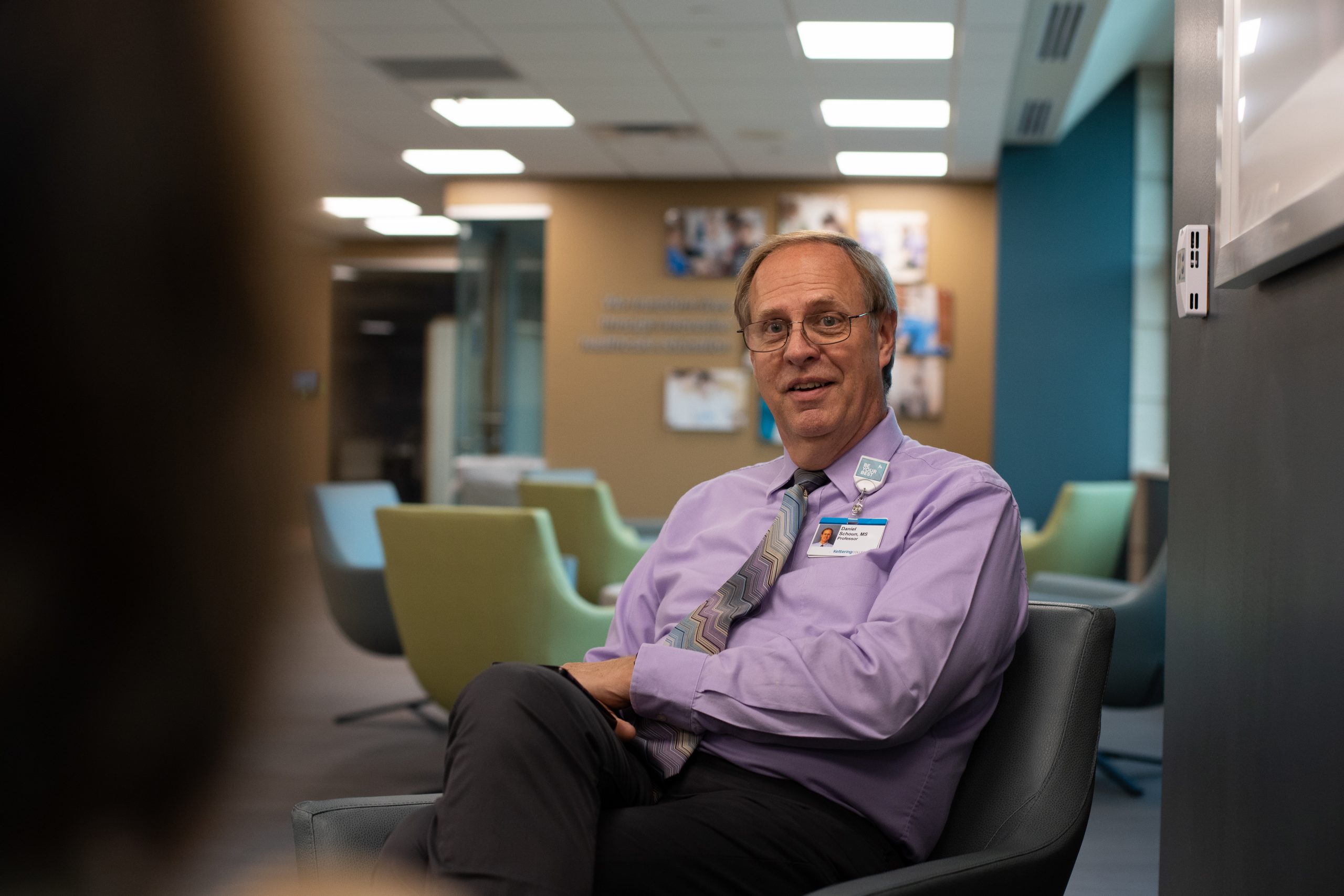
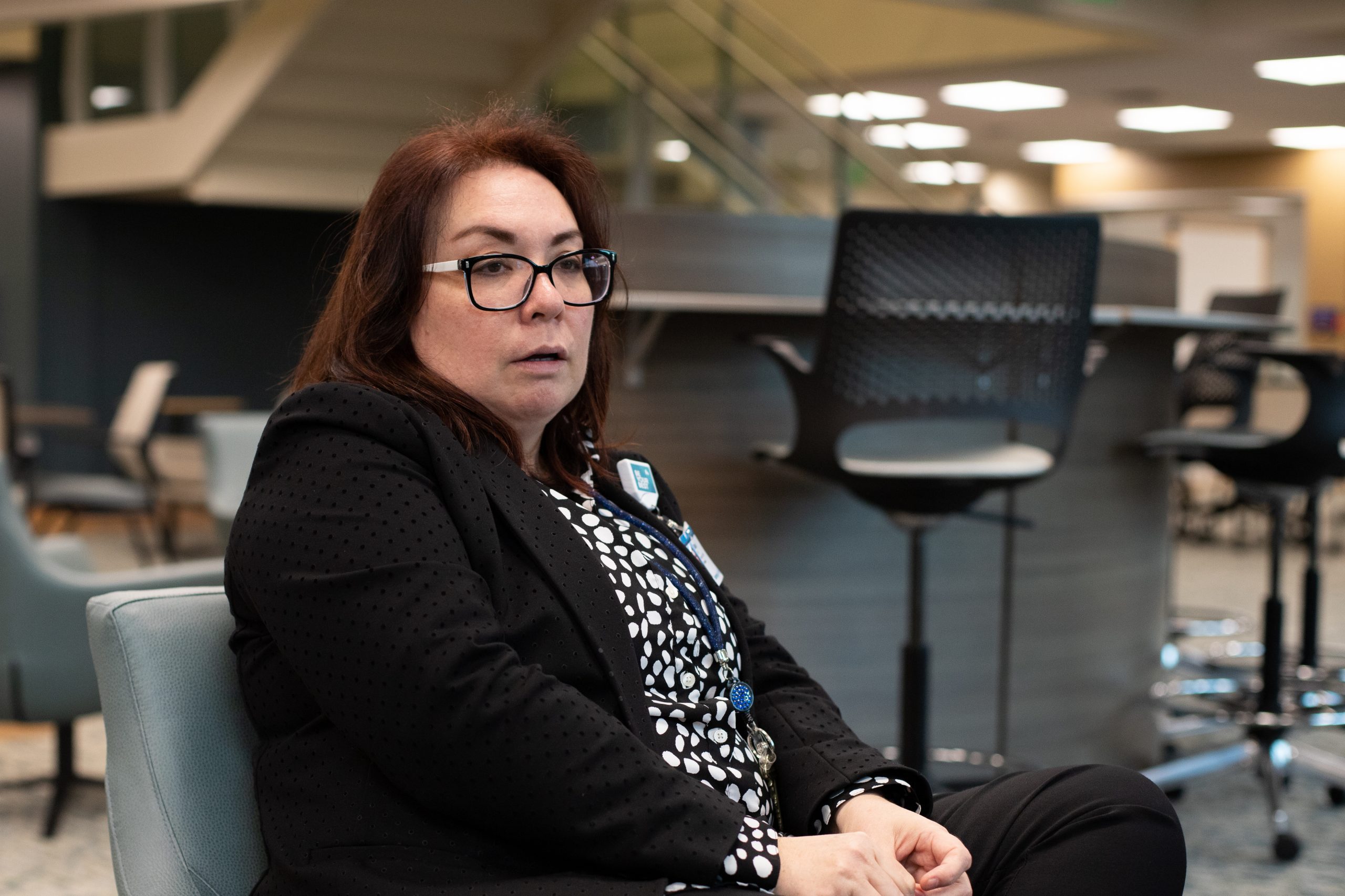
The Ukrainian students have a variety of obligations and stress they refuse to let dampen their determination. The professors at Kettering College are here to guide and teach them but also to be there for them. Although these students have unique circumstances, Professor Rankin-Brown says her favorite part about them is they are typical students with the same behaviors as any other student. She says, “It’s great to see those “normal” moments in them.”

Both the Ukrainian students and their professors will continue building upon the framework they’ve established together. The students are likely to have only one class as a group next semester and be immersed in a mixed-class environment in all their other classes. The students will continue to learn English and skills needed to become healthcare professionals in this country or theirs. The professors will remain flexible and responsive as they rely on help from technology and other students to translate course material.
Having so many ESL students in one class is new territory for these professors, as is attending college in a foreign country for the students. The patience, determination, and adaptability the professors are displaying is precisely what is being mirrored back to them by the Ukrainian students. The lines of learner and teacher are blurred as everyone works towards one common goal of succeeding together.
Print This Page